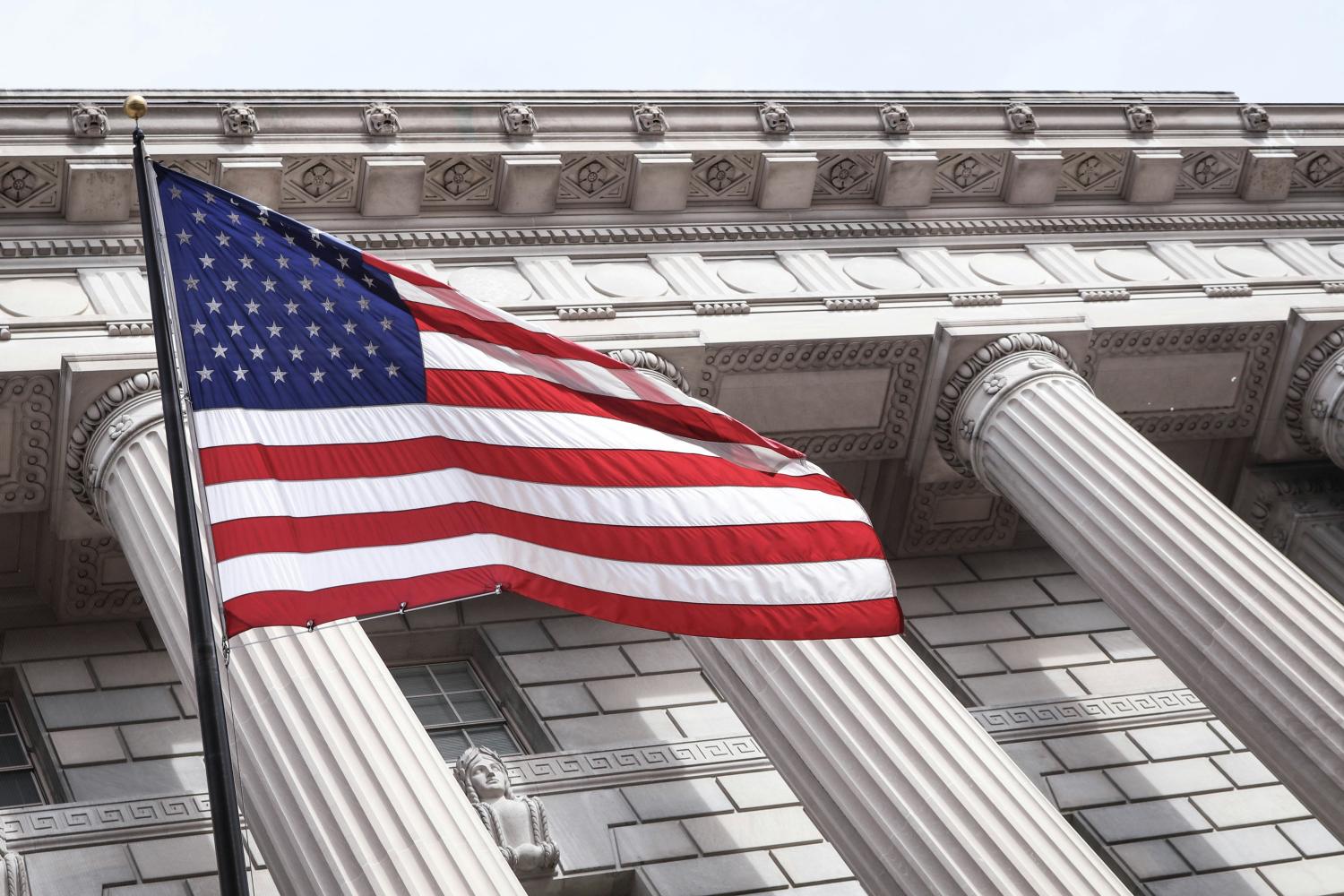
The secular calendar may feel a bit at odds with religious convictions this week: tomorrow is the Fourth of July, a day when American flags go parading down the streets, folks dig out their red, white, and blue T-shirts, and fireworks are launched well into the night, in celebration of all-things-America. In the background, though, a lot is going on around the country that seems, well, less than celebratory. A group of American Catholic bishops are working to urge lawmakers to vote against a bill bolstering immigration enforcement, arguing it will hurt our poorest and most vulnerable. And New York and Delaware are inching toward passing legislation allowing for physician-assisted suicide, to the alarm of lots of pro-life activists. These are big “moral tests” of our nation, as the bishops put it, and we don’t seem to be passing with flying colors. Perhaps there is some disappointment hovering over this year’s Independence Day, as a result, some hesitancy around digging out the T-shirts and waving the flags.
So: should there be? Are we right to discard the T-shirts? When it comes to parading around over all-things-America, what is a faithful Christian to do? In the midst of the political polarization that presently plagues our nation, tomorrow may inspire two extreme positions: one that leans into a view of America as the moral and political lodestar of the world, and one that wants to write our country off, as an evil empire to be gotten rid of.
But as is so often the case, the most faithful, true position lies somewhere in the middle. Patriotism, as we've noted before, is a genuinely Christian response of gratitude to God, and we need not be bashful about it. We should be grateful for having been given a land to nourish us and a community to be part of. And that gratitude need not be revised or revoked according to the relative virtues or flaws of that land. It might become especially full if our country has given us spiritual values and wisdom to live well by, too; but even if it’s done a poor job on that score, the place that has formed and provided for us still has some claim on our thankfulness.
Genuine gratitude, genuine love, however, also means seeing things truly. And that means that one engages his or her patriotism in the knowledge that all human beings and all human societies are fallen. Therefore, we’re right to recognize that no leader or brand of politics will ever be worthy of our wholehearted, unreserved support. We human beings do and always will fall short of perfect justice, and to be grateful and loving toward one’s country is actually precisely to engage a stance that calls it to repent of those shortcomings, though without spite or dismissal.
If there’s ambivalence about how tomorrow ought to be celebrated, then, that should come as no great surprise. Tomorrow tends to be a day courting support for the American myth: the idea that America is the hope of the world, that its ways are God’s (or humanity’s) purpose for the whole human race. Much of the rhetoric that surrounds the day is attempting to enhance belief in American Civil Religion based on that myth. Christians demur from joining that religion, having a better one of their own. And so if we feel out of step because of that demurral, that’s fitting: we are exiles and aliens, and at home nowhere except in heaven. This is the proper state of the Christian. We are in the world but not of the world, affirming the good wherever it is found, resisting evil wherever it is encountered, truly loving and engaging the world as God does … but often considered a bit strange by those worldlings whose hope is in this life alone.


